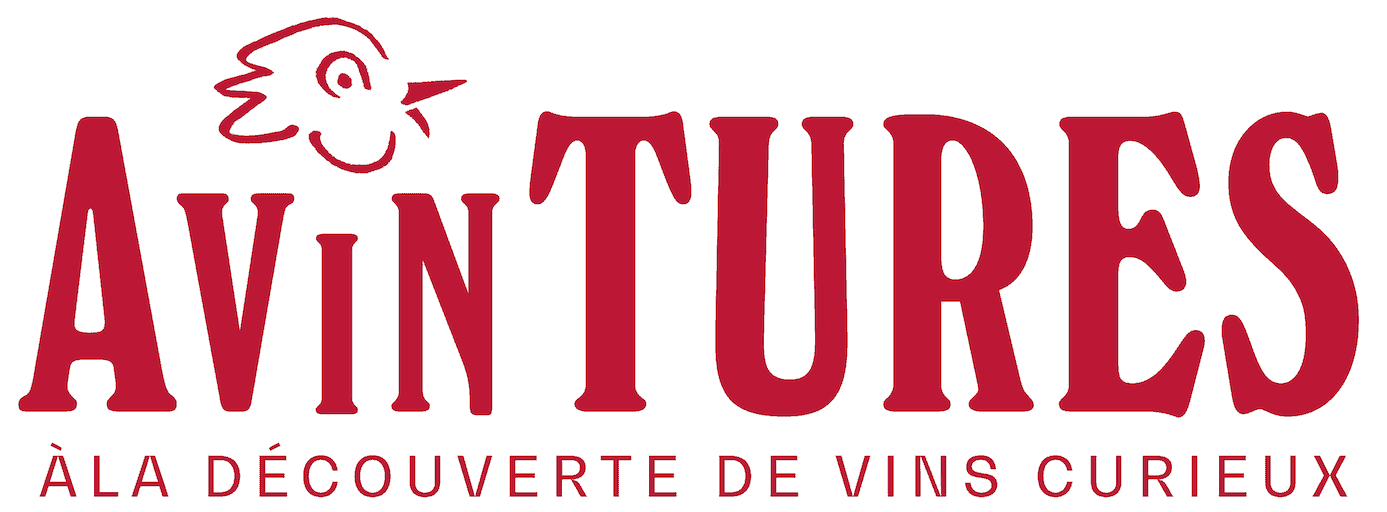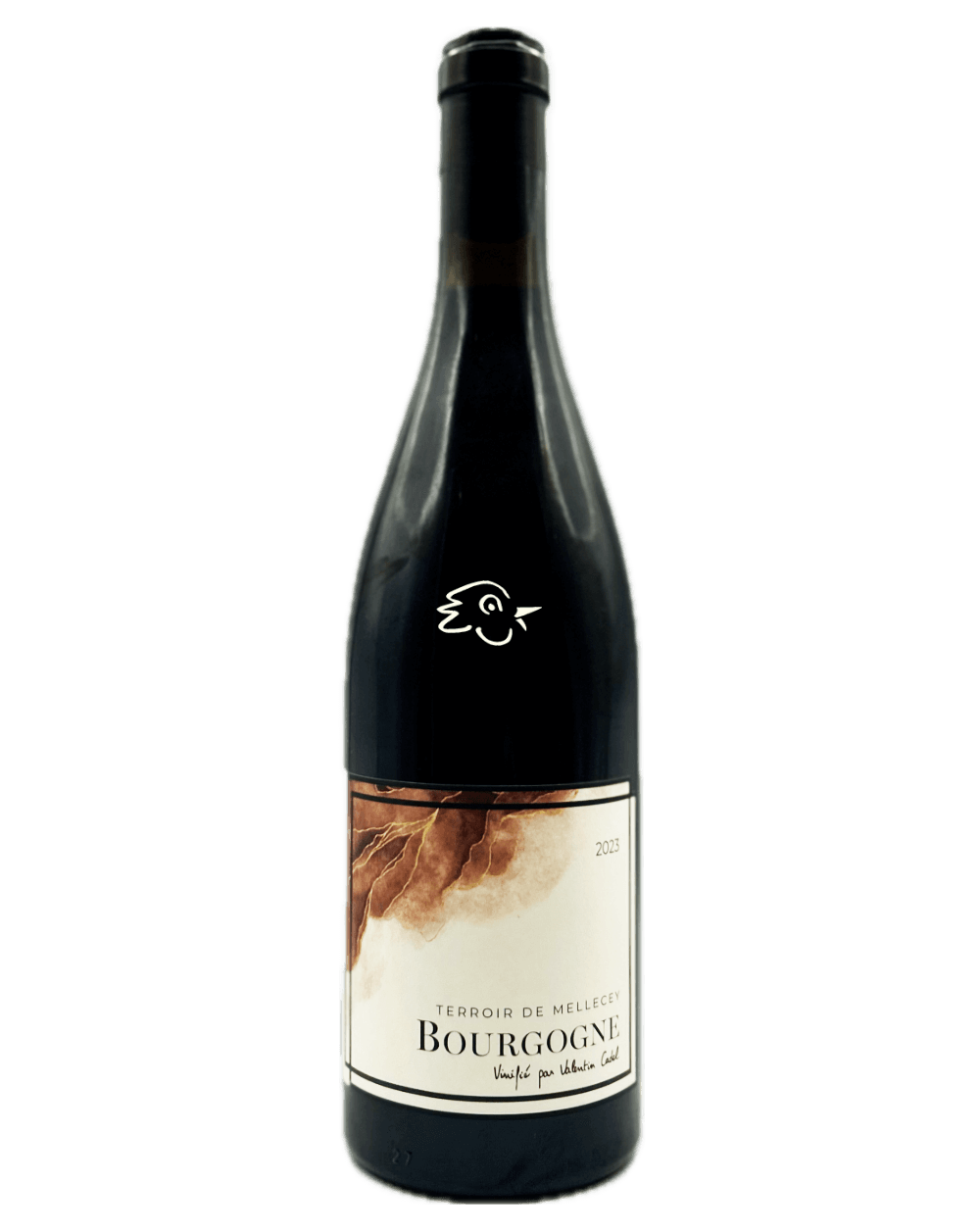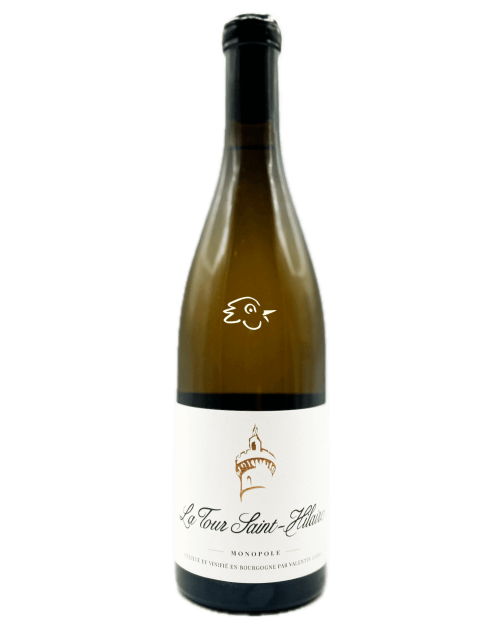Terroir de Mellecey Rouge 2023
La Tour Saint-Hilaire - Valentin Cadel
-
 UPS : from 1 to 6 bottles 15€ / 7 to 12 bottles 19-20€ / 13 to 18 bottles 25€
UPS : from 1 to 6 bottles 15€ / 7 to 12 bottles 19-20€ / 13 to 18 bottles 25€
-
 FREE : Pick-up your order at the shop located in Beaune within 14 days
FREE : Pick-up your order at the shop located in Beaune within 14 days
-
 Offered delivery from 350€ accross France only
Offered delivery from 350€ accross France only
- Type of wine (Contains sulfites)
- Red Wine
- Bottle Size
- Bottle 75cl
- Vintage
- 2023
- Region
- Bourgogne
- AOP/AOC
- Bourgogne
- Grape varieties
- Pinot Noir
- % Alcool
- 12,50
- Carafage
- Non
- Service
- 15/17 degrés
- Garde
- Jusqu'à 5 ans
- Prix au litre
- 34,67
- Occasion
- BBQ
Familly meal - Wine pairing
- Poultry
Red meat - Dégustation
- Un Bourgogne rouge sur un nez fruité, légèrement épicé. En bouche, c'est fluide, sur des notes de cerises et de fraises écrasées, pour une fin de bouche digeste.
- Plats
- Bouchées à la reine
In the heart of the Côte Chalonnaise, between Mercurey and Rully, the Domaine de la Tour Saint-Hilaire offers a stunning landscape of vineyards, meadows, and forests. With a rich history, the property was revived in 2014 by the CADEL family. Today, Valentin is at the helm of the estate.This climate, known since the 13th century and highly regarded until the mid-20th century, fell into obscurity after the vines were uprooted. Replanted in 2000 with Chardonnay, the small 1.02-hectare vineyard, located on the South/Southeast slope of the Saint-Hilaire hill, is surrounded by forests and fields. This isolated setting provides a unique environment and remarkable biodiversity. The soil is shallow (20-30 cm), consisting of sand and silt, lying atop Oxfordian limestone bedrock. From 50 cm deep, the limestone becomes very white and crumbly, reminiscent of Champagne chalk. Quality is the top priority. Every effort is made to grow the best grapes possible. Most tasks are carried out by hand, and the vines are farmed using organic and biodynamic methods. Harvesting is done manually, with careful selection directly in the vineyard to pick only perfectly healthy bunches. The grapes are gently pressed using a pneumatic press, followed by light settling at 12 degrees. Fermentation occurs with indigenous yeasts in used barrels to maintain the wine's freshness and avoid excessive oak influence. Aging continues on fine lees for 12 months in barrels before racking, followed by another winter in vats. After 18 months, the wine is bottled without filtration.




